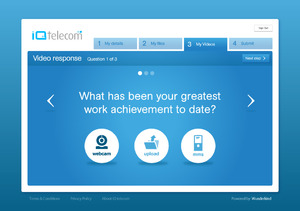This makes it so easy to use as classes can be configured inline and most of the time all you need is a simple [XmlElement] tag before a property and you're good to go. If there is ever a whole lot of logic to how an object is (de)serialised all you have to do is implement the XMLSerializer interface and you can do your work in the encode and decode functions. The options at your disposal within the tags gives you lots of power though with support for attributes, elements, array handling, class names, namespaces, virtual xml paths, id referencing, object caching and more. As well as creating mappings for custom objects you can create Convertors for simple objects like Dates that (de)serialize to/from strings.
There are some rare cases where you don't have access to the classes you want to (de)serialize (such as from a swc) which means you can't annotate them. But FlexXB has you covered with an easy to use api for programatically configuring your mappings. There are a few other features of the library such as classes for communicating with web services and object persistence, but I won't go into those here.
The developer recently announced details about an upcoming version (1.7) which will include more robust caching support including a feature I asked for only recently. He has also talked about adding support for xml versioning, which would allow for different xml mappings based on the version specified.
All I can say is this library has saved me hours and hours of time and recommend it highly. I have yet to see something that handles the mundane problem of xml (de)serialization so elegantly.


